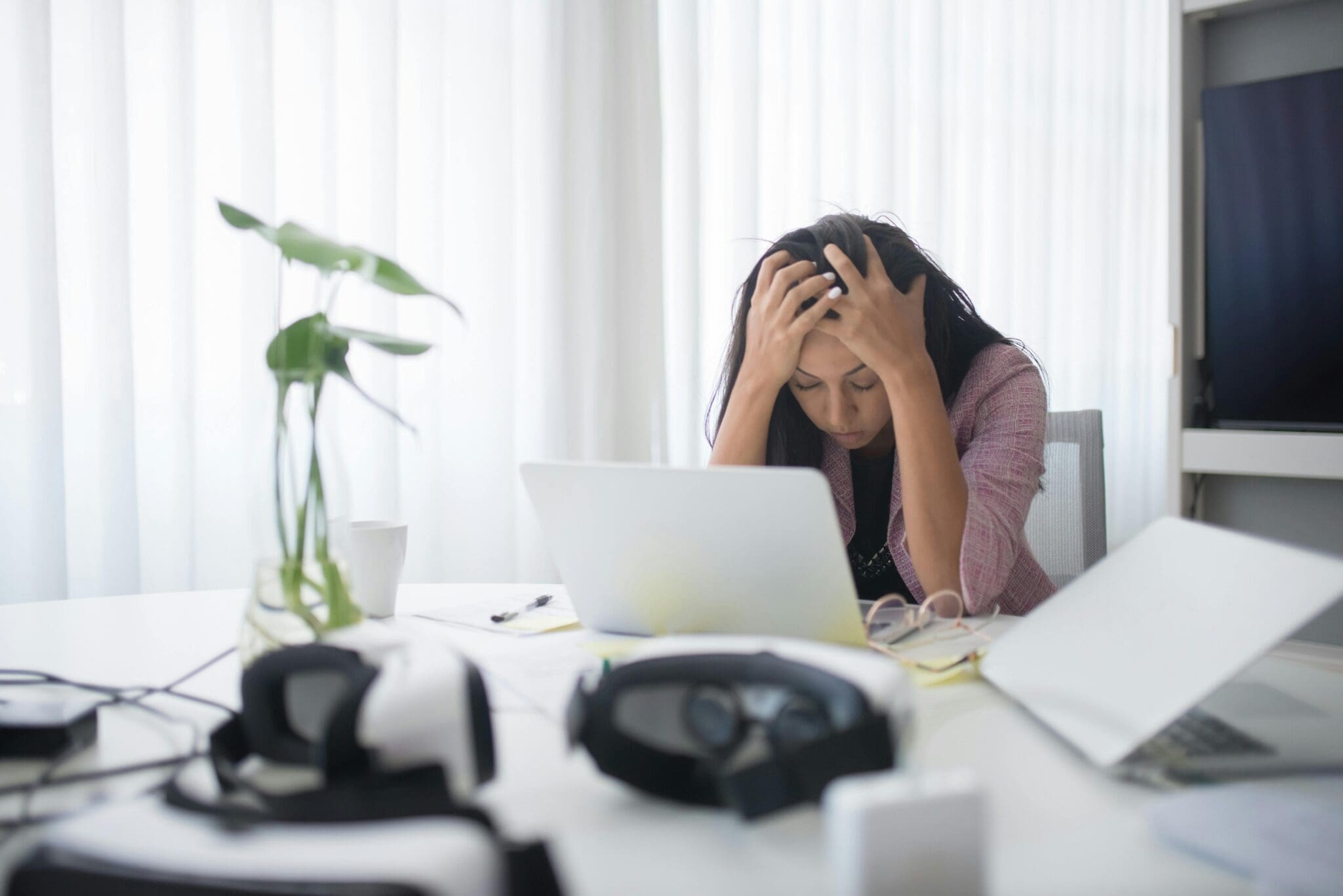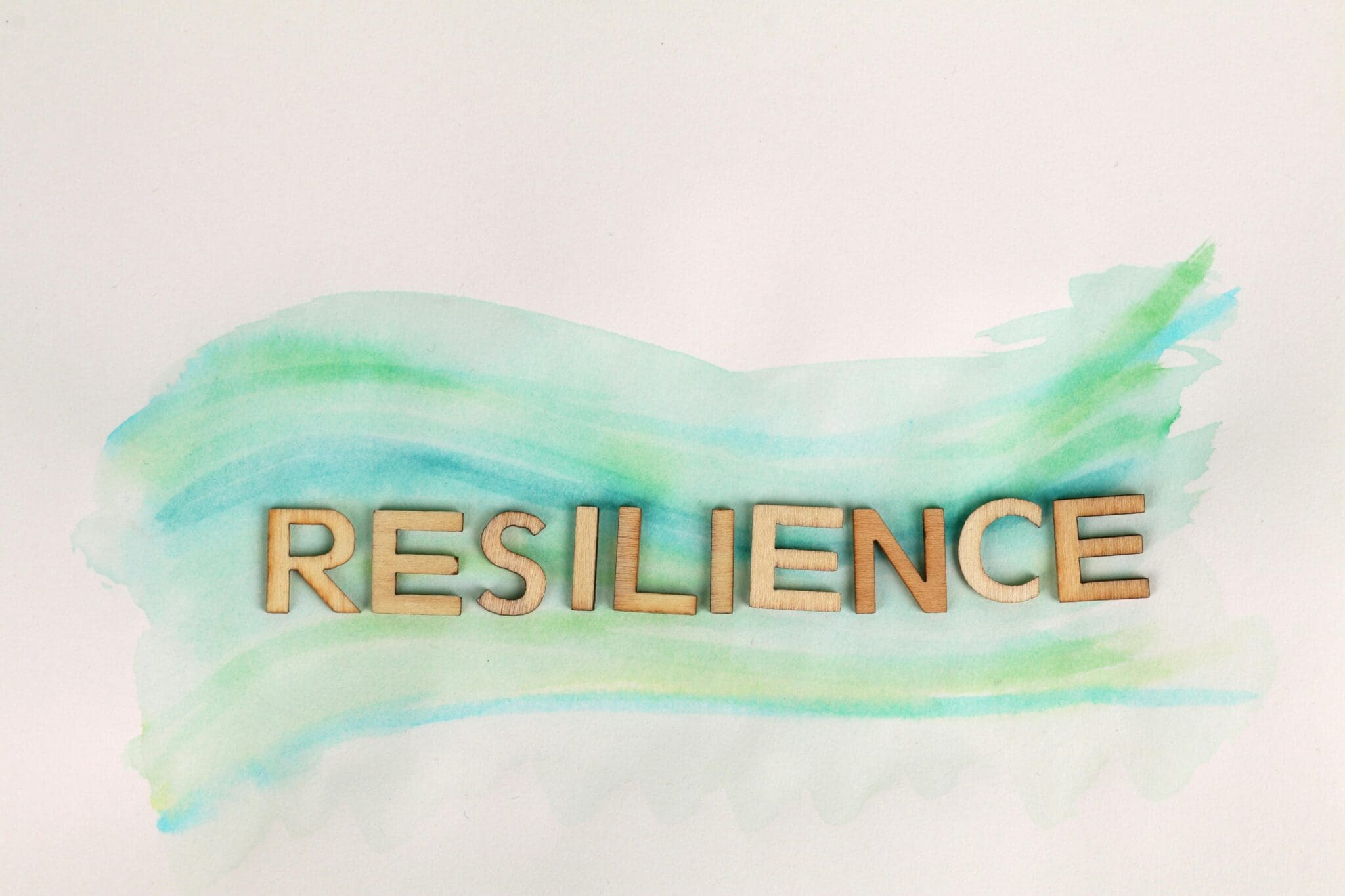Full Disclosure: Clicking on these links could mean a tiny commission for me, at no extra cost to you.
The connection between how we handle time off and our mental well-being proper leave management and employee mental health cannot be overstated. With increasing awareness of mental health issues, businesses are recognizing the importance of incorporating supportive leave policies. But how exactly does effective leave management benefit employee mental health? This blog explores the intricate ways in which structured leave policies can foster a healthier work environment, ultimately contributing to both employee well-being and organizational success.
The Role of Leave Management in Supporting Mental Health
At its core, leave management pertains to the policies and processes that govern employee time off. But it’s not just about time away from work; it’s about how that time can be used to support mental and emotional recovery. Effective leave management offers a safety net, allowing employees the space and time needed to recuperate without the added stress of job insecurity.
For those looking to understand or improve their organization’s handling of time off, exploring a detailed guide on a leave management system can offer valuable insights into essential features that benefit both employees and employers alike. It highlights the importance of streamlined processes and the impact of thoughtful leave management on organizational health and employee well-being.
The evolving landscape of mental health awareness in the workplace
As conversations around mental health become more mainstream, workplaces are transitioning from traditional views on leave to a more holistic perspective that considers mental well-being as crucial for long-term personnel sustainability. This shift is reflective of an expanding recognition of mental health’s profound impact on productivity and company morale.
The Impact of Mental Health in the Workplace
Mental health, often overlooked in the professional realm, is gaining recognition for its critical role in overall productivity and workplace atmosphere. Stress, anxiety, and depression can drastically reduce an employee’s ability to perform, affecting not just the individual but the team’s dynamic and the company’s bottom line. Acknowledging and addressing these challenges through responsive leave management is a step towards a more resilient workforce.
New strategies for mental health support through leave management
Beyond existing measures, innovative strategies such as mandatory unplugged vacations, where employees are encouraged to disconnect completely from work, show promise in disrupting the cycle of workplace stress. These practices not only underline the importance of mental rest but also reinforce the message that personal well-being is paramount.
The Psychological Benefits of Taking Leave
Taking time off is not merely a break from work; it’s an essential component of mental health care. The psychological benefits of disconnecting include reduced stress levels, improved mood, and a replenished capacity for creativity and problem-solving. Additionally, knowing that one’s workplace supports taking leave can enhance an employee’s sense of belonging and value within the company, further promoting mental well-being.
Future directions in leave management for mental health
Looking ahead, the integration of technological solutions such as AI-driven analytics to predict stress levels and customize leave recommendations could further personalize mental health support in the workplace. By tailoring leave policies to individual needs, companies can optimize well-being and performance, marking a new era in employee health management.
Leave Policies That Promote Mental Health
Not all leave policies are created equal when it comes to supporting mental health. Flexible policies, offer a reasonable amount of time off, and do not penalize employees for mental health-related absences are most effective. In addition, initiatives like mental health days, processes for anonymous leave requests, and comprehensive return-to-work programs can significantly impact employees’ mental health positively.
Challenges in Implementing Mental Health-Supportive Leave
While the benefits are clear, implementing leave policies that adequately support mental health does not come without challenges. The management of mental health stigma, administrative intricacies, and the risk of misuse requires meticulous attention and handling. Transparent communication, regular policy reviews, and training for managers on mental health awareness can help overcome these hurdles.
Implementing mental health-supportive leave policies can be met with various challenges, including:
- Stigma: Overcoming cultural stigma surrounding mental health in the workplace can hinder the implementation and acceptance of mental health-supportive leave policies.
- Lack of Awareness: Employees may be unaware of the existence or extent of mental health-supportive leave options, leading to underutilization or reluctance to request time off.
- Policy Design: Crafting comprehensive and effective leave policies that address mental health needs while balancing operational requirements can be complex and requires careful consideration.
- Managerial Support: Ensuring consistent support from managers and supervisors in understanding and accommodating mental health-related leave requests is crucial for policy success.
- Accessibility: Ensuring equitable access to mental health-supportive leave options for all employees, including those in remote or non-traditional work arrangements, presents logistical challenges.
- Resource Allocation: Allocating resources, including staffing and financial resources, to accommodate employee leave while maintaining productivity levels can pose challenges for organizations, especially smaller ones.
- Legal Compliance: Navigating legal frameworks and compliance requirements related to leave entitlements, confidentiality, and anti-discrimination laws adds complexity to policy implementation.
- Evaluation and Adjustment: Continuously evaluating the effectiveness of mental health-supportive leave policies and adapting them based on feedback and evolving organizational needs is essential but requires ongoing effort and commitment.
Addressing these challenges requires an approach that includes education, communication, policy refinement, and a supportive organizational culture that prioritizes employee well-being.
Case Studies: Success Stories
- A tech company that introduced ‘mental health days’ saw a 20% decrease in reported stress levels among employees within a year.
- An engineering firm that implemented flexible leave policies for mental health reasons noticed a significant improvement in team cohesion and overall satisfaction.
- A retail giant that provided comprehensive mental health support, including leave management, reported higher employee retention rates.
In conclusion, proper leave management plays a pivotal role in supporting employee mental health. By acknowledging the importance of mental wellness, creating policies that genuinely support time off for mental health reasons, and addressing the challenges of implementation, organizations can foster a more productive, happy, and resilient workforce. As awareness grows and stigma diminishes, the hope is for more companies to recognize the immense benefits of integrating mental health support into their leave management practices.









